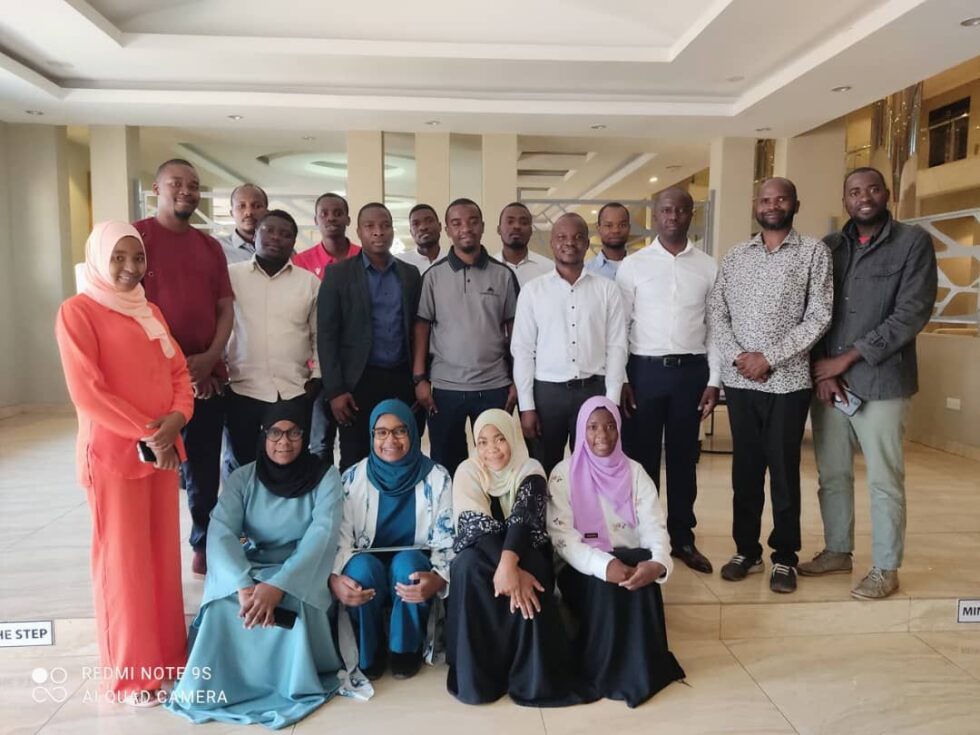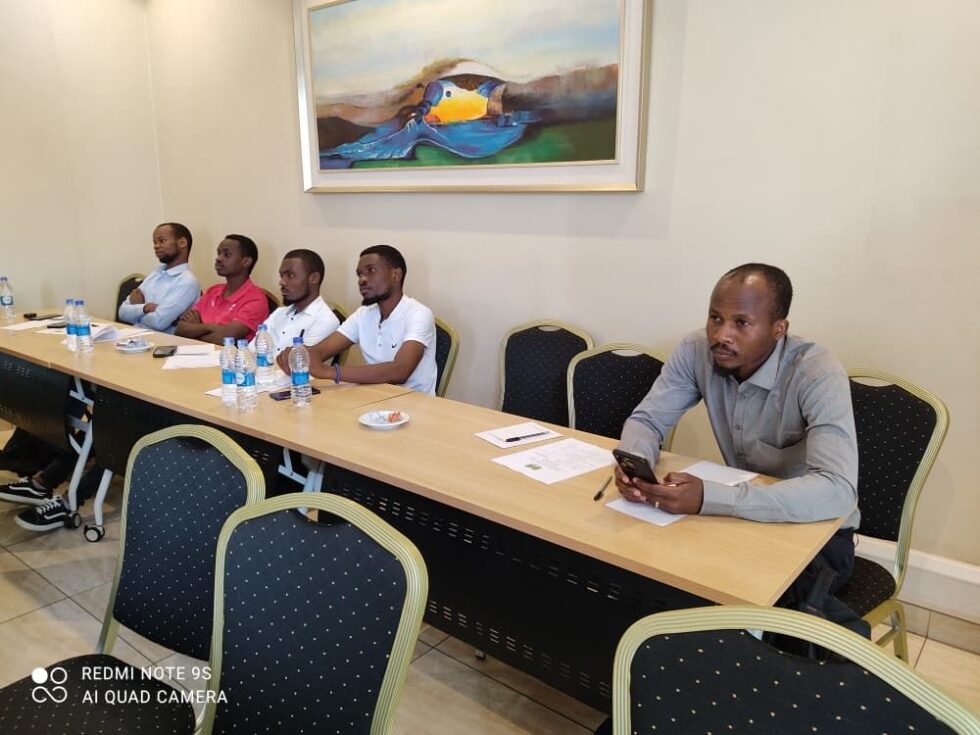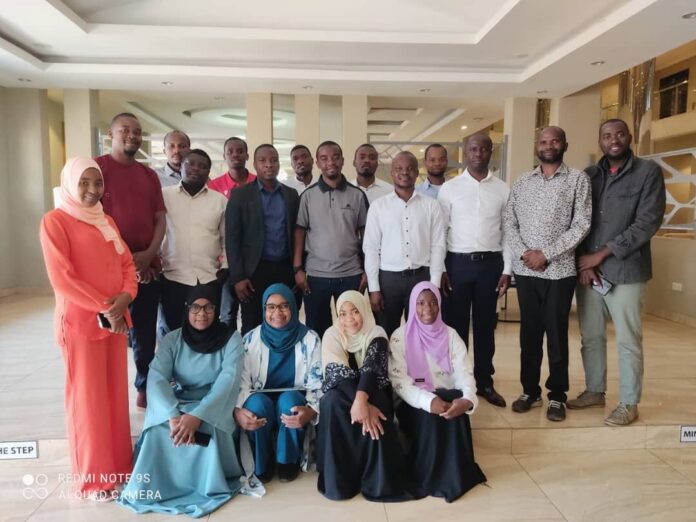By Rahim Abdul
The Malawi Electoral Commission (MEC) is placing ethical journalism at the heart of its efforts to ensure credible and peaceful polls.
In a bid to strengthen trust between electoral stakeholders and the public, MEC held a day-long training session with members of the Association of Muslim Journalists (AMUJO) in Blantyre.
The session tackled ethical reporting, misinformation, and electoral law while highlighting the vital role the media plays in safeguarding democracy.
MEC Director of Media and Public Relations Sangwani Mwafulirwa revealed that one of the Commission’s new measures includes the introduction of a biometric voter verification device aimed at preventing voter fraud.

“This innovation will ensure that no one votes more than once. Although voting and counting will remain manual, the biometric system will verify names using fingerprints and identify the centers where voters registered,” Mwafulirwa said.
Strategic communications expert Zilani Khonje Phiri challenged journalists to practice accuracy and fairness, warning that misinformation can inflame tensions and erode public confidence.
“You are the link between voters and the electoral process. Inaccurate or biased reporting has the potential to create unrest and undermine democracy,” Phiri cautioned.
The training also addressed fact-checking and the media’s responsibility in shaping public opinion during sensitive election periods.
AMUJO president Chekaukutu Ndege praised MEC for reaching out to journalists across diverse backgrounds, noting that inclusivity strengthens national cohesion.
“Journalists must lead by example. Upholding ethical standards will not only protect the integrity of the media but also promote peace and unity as the country heads to the polls,” Ndege said.
MEC affirmed its commitment to working closely with the media, civil society, and other stakeholders to ensure that the 2025 elections are transparent, inclusive, and credible.




